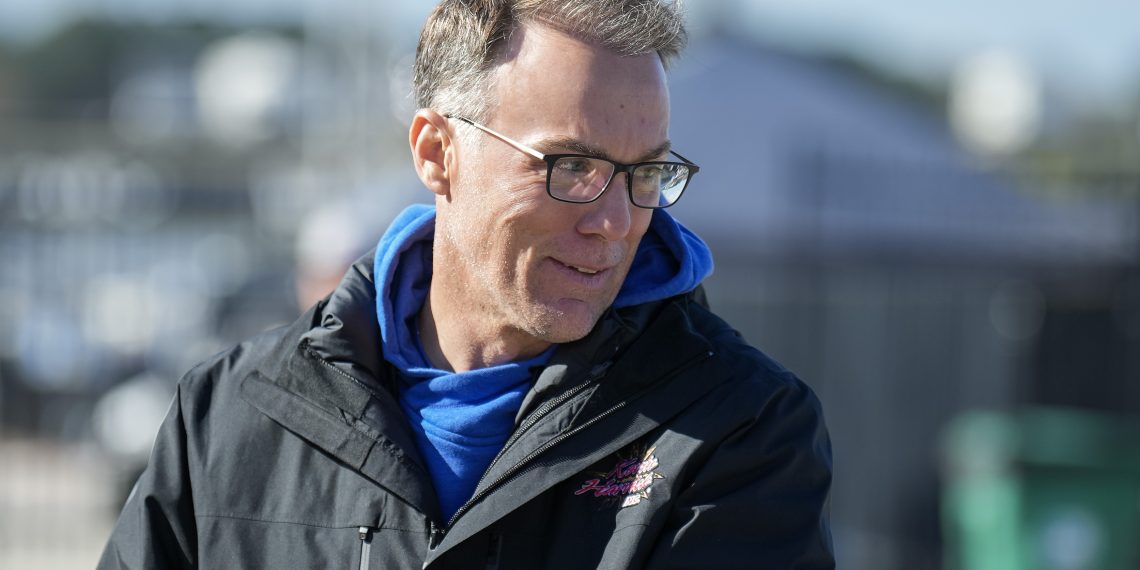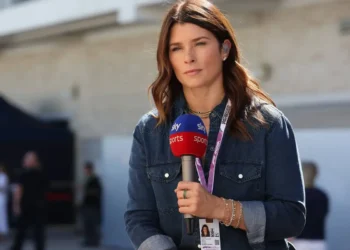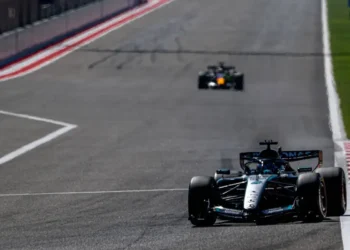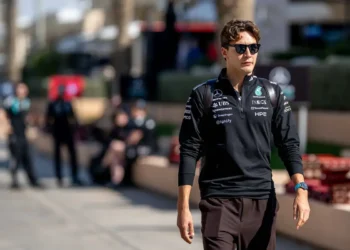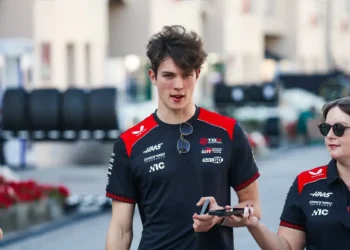NASCAR’s contentious decision not to suspend Austin Cindric, despite his right-hooking incident with Ty Dillon at COTA, has sparked a firestorm of criticism. Among the most vocal dissenters is former NASCAR champion, Kevin Harvick.
NASCAR’s Mike Forde defended the decision, explaining the incident occurred under unique circumstances, including a road course and lower speeds. However, this explanation failed to quell the outrage, with many referencing past cases where similar infringements resulted in suspension.
Ty Dillon expressed his expectation for a one-race suspension, saying, “I think 50 points and $50,000 is probably enough to make him think about doing something like that again. You hope it’s enough.” Harvick strongly echoed these sentiments, further fueling the controversy surrounding NASCAR’s inconsistent rulings.
NASCAR’s decision only to fine Cindric $50,000 and dock him 50 driver points raises questions about its commitment to fair play. Past incidents, such as those involving Chase Elliott and Bubba Wallace, resulted in suspensions for similar offenses. The inconsistency in the punishment meted out to Cindric has made Harvick and other stakeholders livid.
Harvick denounced the decision as “awful” on his Happy Hour podcast. He underscored the need for black and white rules, regardless of the speed or the type of car involved. Harvick strongly believes that Cindric should have been suspended.
Things get murkier with NASCAR’s new waiver rule policy. In the past, waivers were granted to drivers like Chase Elliott, allowing them to participate in the playoffs despite on-track incidents. However, the new policy limits exemptions to instances of family or medical emergencies.
Should a driver miss a race, they would forfeit all playoff points accumulated over 26 regular season races. In Cindric’s case, a suspension would have meant losing playoff points just three races into the season, dealing a serious blow to his playoff hopes.
Harvick, however, insists that NASCAR could have handled this better. He proposed immediate action during the race for blatant offenses, including parking the offending driver and imposing further penalties if necessary. He criticized NASCAR’s handling of the situation, saying they’ve made themselves look foolish.
Concerns over NASCAR’s officiating are not new. Earlier this year, inconsistent caution flags at Daytona triggered a controversy. Critics point to the contrast between Duel 2, where a caution flag was thrown just before Erik Jones and Cindric crossed the finish line, and the Daytona 500, where no caution flag was waved despite a multi-car wreck.
Historical precedents further intensify Harvick’s criticism. Cases like Bubba Wallace’s one-race suspension for hitting Kyle Larson, and Chase Elliott’s suspension for hooking Denny Hamlin, highlight the inconsistency in NASCAR’s officiating.
Harvick points out that such discrepancies make it appear that NASCAR is playing favorites. He argues that clear, consistent rules are not hard to implement and would eliminate suspicions of favoritism.
As the 2025 season advances, it remains to be seen if NASCAR will address the growing calls for consistency in their officiating, particularly from respected voices like Harvick’s. This issue has the potential to define NASCAR’s credibility and its future trajectory.

